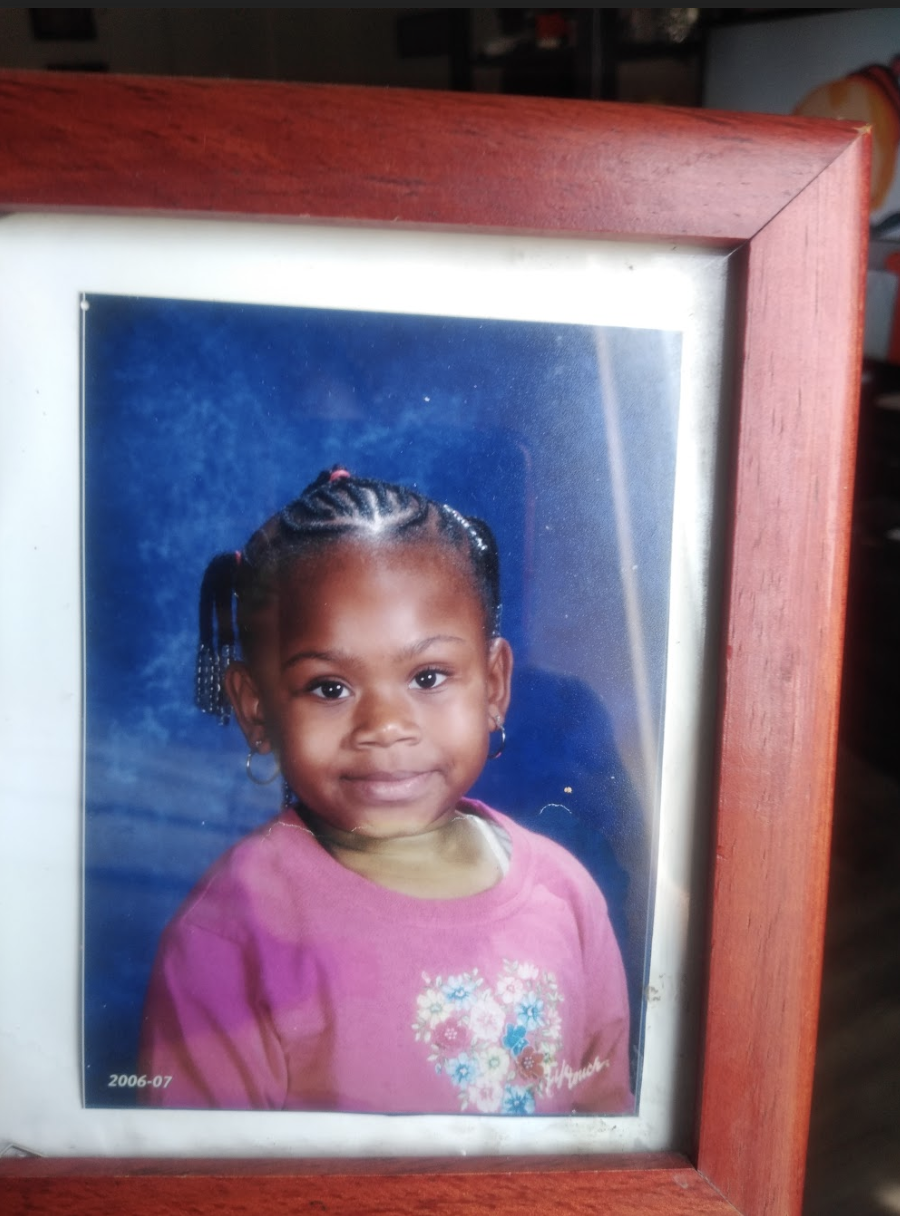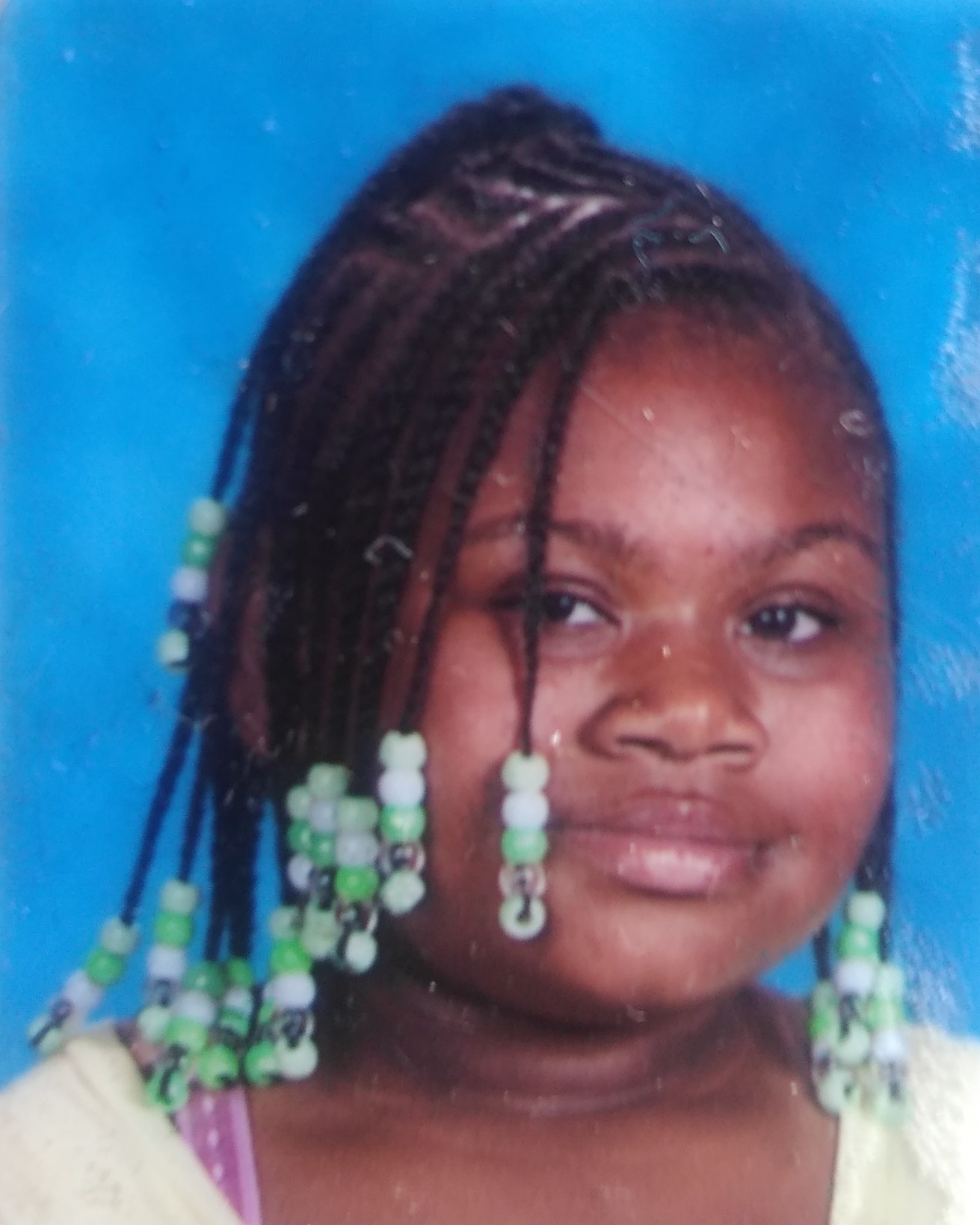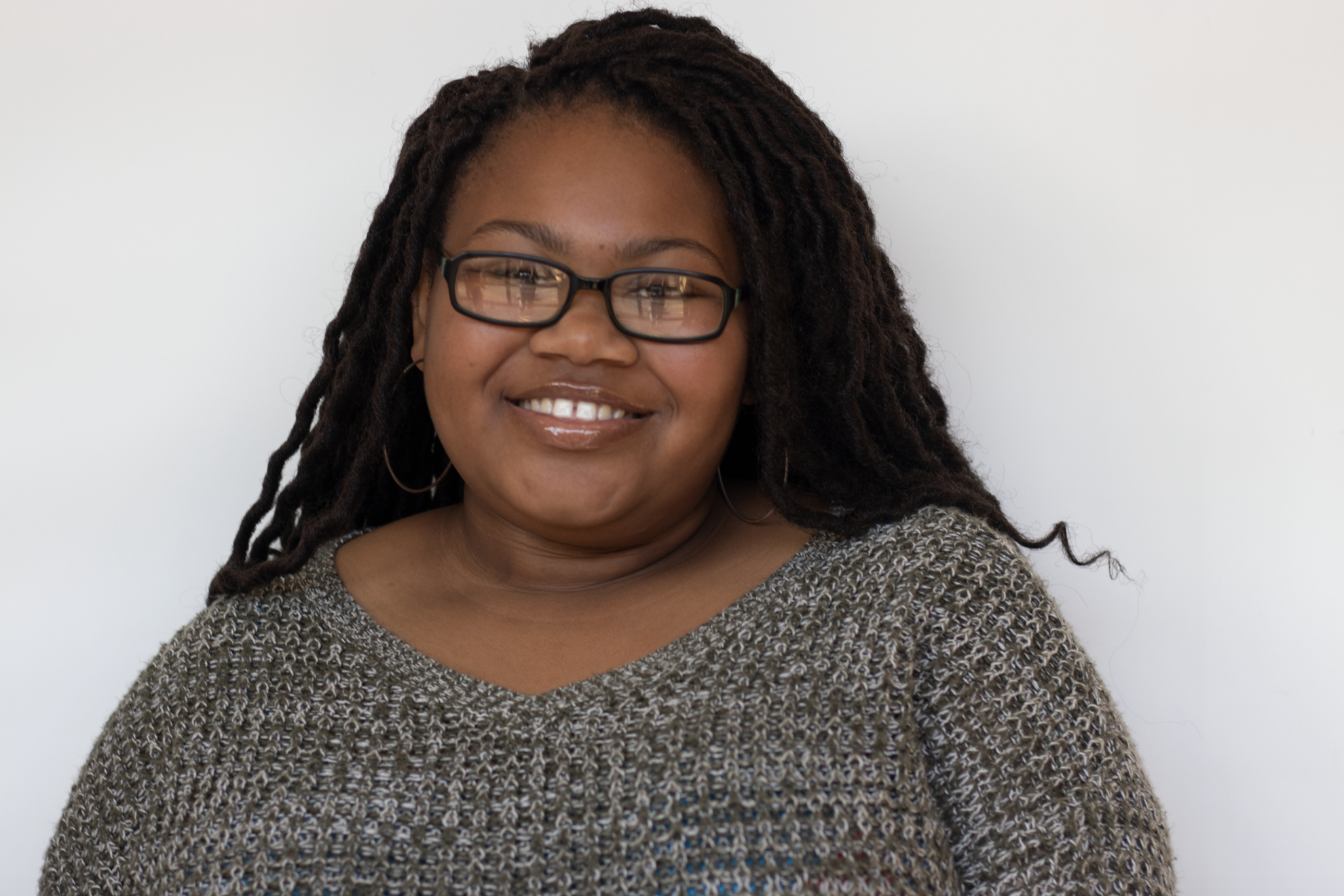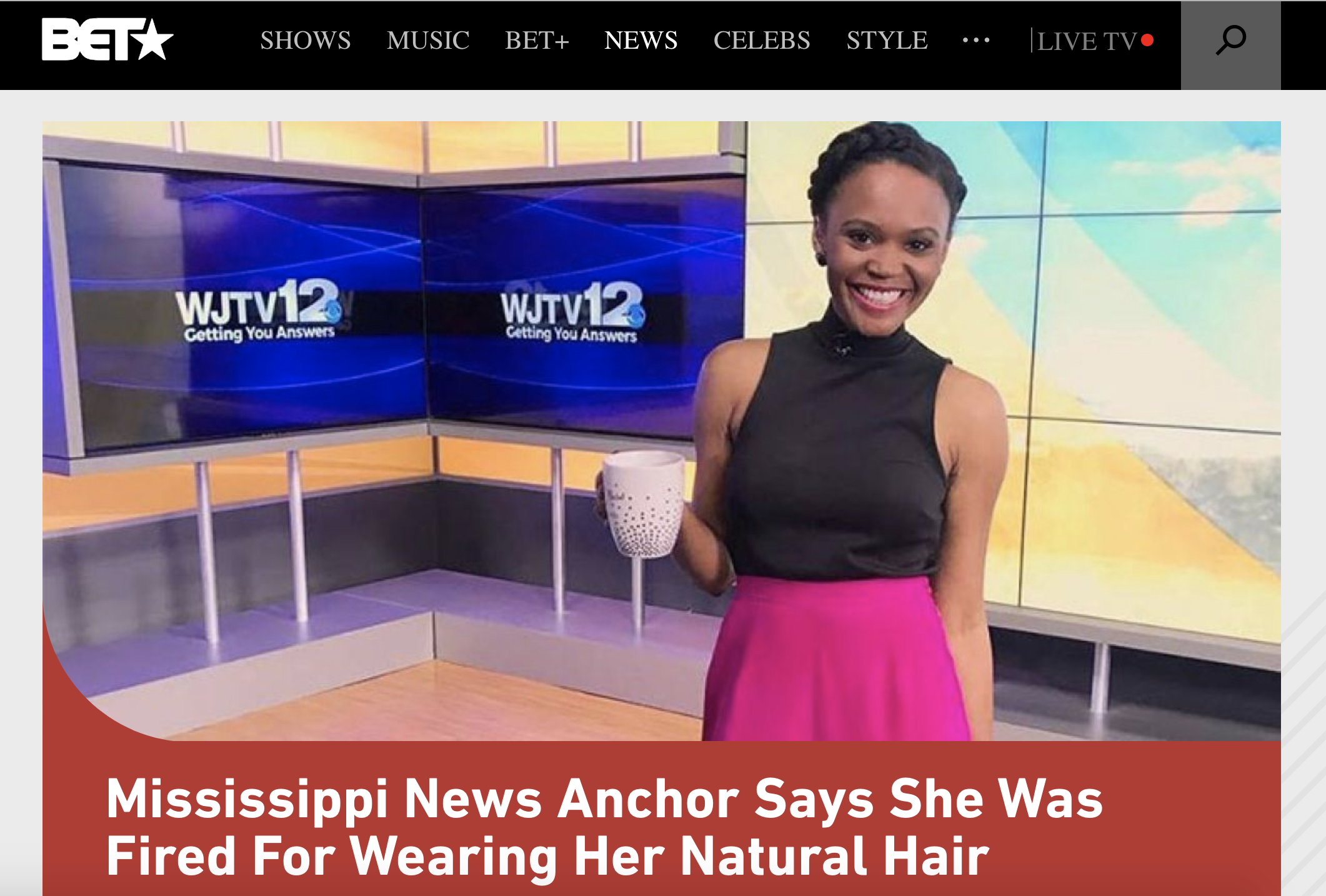Hair has always been important to me. It’s how I express myself. Whether or not my hair is done can affect my attitude or how I approach certain situations. And if my hair is not done it can also be detrimental to my confidence.

My views on hair have been the same since I was a child. In elementary school, my confidence was probably at an all-time high. My mother did my hair every two weeks so I always looked cute. I would wear my hair in braids with multi-colored beads and I needed everyone around me to know how cute I looked. My class would sometimes go to the library and usually libraries are pretty quiet, right? Yeah, no, not when I had just gotten my hair done. I loved the sound of my beads knocking together so every chance I got I would turn my head so hard my neck could have broken, so that everyone would hear them. I did that so many times the librarian actually yelled at me one day, “for goodness sakes Chantera, we see that your hair is done, now will you stop!?” I didn’t.

In middle school, those values held true but I refused to let my mother put beads in my hair because, “I’m a big girl, mom!” And big girls don’t wear beads. I started using the pressing comb on my hair to straighten it, which I later regretted. I had straightened it so much that my ends were damaged and dry, my hair was falling out and it made it hard to manage. My hair looked terrible and my confidence was diminished. I eventually put a perm in my hair to try to make it more manageable and it just broke off more. I ended up hating my hair. Fortunately, I got the chance to start over.
When my sister came back home from her first year at college in the Bay Area, her hair was all weird. My mom asked “girl, what’s going on with it?” Because when she left her hair was trained to stay perfectly straight, literally not a hair out of place, and, of course, I wanted that, too. So when she came home and her hair was all stringy we were all a little shook.
She told us she was going natural and that all the girls at her school were doing it. Of course, being the little sister, I didn’t want straight hair anymore because “I wanna be natural like tee-tee!” I remember going in the bathroom and slapping some Cantu leave-in conditioner on my hair and her saying, “Chan, that’s not how you do it.”
When I became serious about being a natural, I realized how damaging it was to be pressing my hair all the time. During my transitioning phase, I would wear my hair in a pineapple (ponytail puff) almost every day. And during my senior year my hair had grown enough that I was comfortable cutting off all the straight ends.
Since then my hair has been flourishing, my curls are poppin’, and my twist-outs look amazing, which means I usually feel amazing. Other naturals have even started complimenting me, asking me what products I use. *Wipes tears* Thank you, sis.

For myself and many other black women, social media became a safe space for us to embrace our hair and practice hair styles that didn’t involve straightening or manipulation by heat. There are literally thousands of videos on YouTube instructing you on how to tell what curl pattern you have, what products properly hydrate and moisturize your hair, and different low maintenance protective styles. Women everywhere began embracing their defined and undefined curls alike.
In the late 1960s and early 1970s, the Black is Beautiful movement began. Both men and women stopped straightening their hair and wore afros to show that black hair was not inherently ugly. This style was also a representation of black beauty and was meant to eradicate the idea that black people had to live up to eurocentric standards.
Chris Rock and many other black figures continued to address and accept natural hair in more recent years. In 2009, Chris Rock made a movie called “Good Hair,” where he explored the significance of black hair and addressed how it was perceived. He was motivated to make the movie after his daughter asked him why she didn’t have “good hair.” Rock interviewed many hair stylists and other actors such as Raven-Symoné, Nia Long, Ice-T, Maya Angelou and more who all spoke on their relationship with their hair and the stigmas surrounding black hair.

Although men and women fought to dispel the stigmas in the ‘60s and all those important figures in the black community continued to recognize it in a positive light, discrimination is still very prominent today. Former Mississippi news anchor Brittany Noble Jones was fired from her job after being told her natural hair was “unprofessional” and that people wanted to see a “beauty queen” on TV. Her boss compared her natural hair to him going to the grocery store in a baseball cap.
In California, leaders passed The CROWN (Create a Respectful and Open Workplace for Natural Hair) act, prohibiting natural hair discrimination in schools and workplaces. It went into effect January 1st. Hair discrimination is still such a huge problem today in 2020 that there had to be a law to try and prevent it. Yup, that had to be a thing.
Seven young women from across California engaged in yli’s Calafia fellowship to produce a magazine centering Intersectional Feminism. This is just one of the many stories published in the ‘zine – articles that take on issues such as: street harassment, gender norms, beauty and identity, queer issues, women’s history in classrooms, and women farmers.
